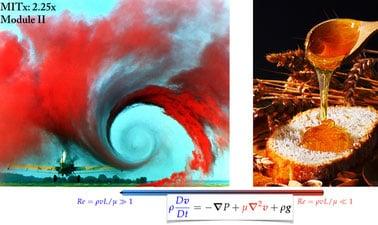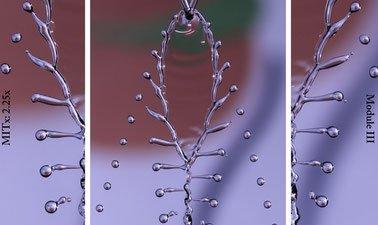Advanced Fluid Mechanics 1: Fundamentals (edX)
Categories
Effort
Languages
Learn the fundamental principles underlying fluid dynamics; including the kinematics of deformation, hydrostatics & buoyancy, inviscid flow and the application of Bernoulli’s theorems, as well as applications of control volume analysis for more complex problems of engineering interest.
Self Paced




